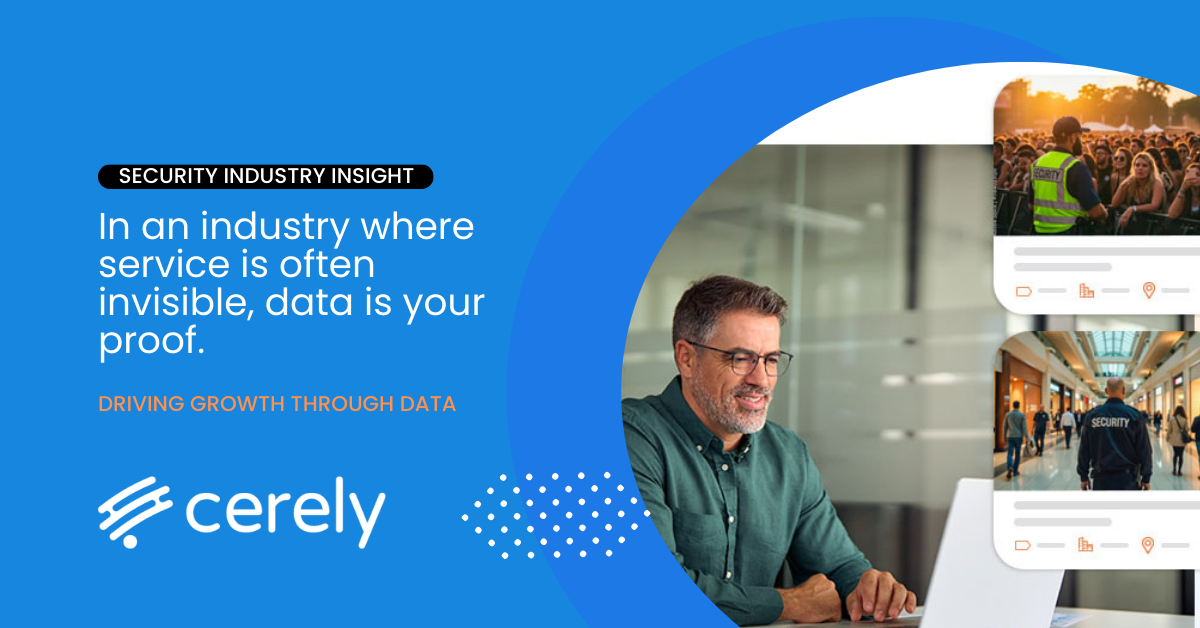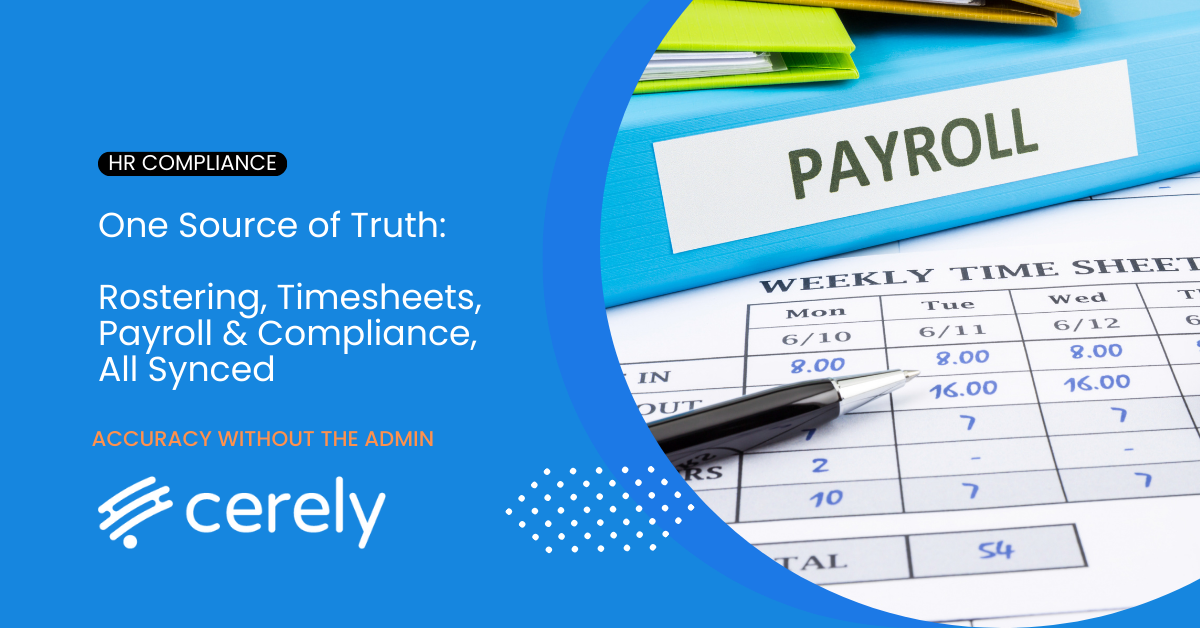A Customer Relationship Management System, also known as a CRM, is a great tool for workplace management. In particular, a CRMs system that has a rostering feature in it that is designed for a security company is super helpful in completing day-to-day tasks like scheduling and information management.
What are the key features of a CRM?
A CRM, at its core, is somewhere companies can manage information securely. This sounds simple, but it has many useful applications, such as:
- Workplace management
- Rostering systems
- Client and employee information storage
- Transaction trackers between companies and clients
- Permission control for different features
- Rostering features for employees and contractors
Security company CRMs: how can they benefit?
A CRM has multiple benefits for pretty much any company out there. Specifically, a CRM for the security industry is a godsend regarding how their key features are useful for the company.
Some of the benefits for security companies include the following:
1. A rostering feature saves time
A well-crafted CRM saves users a lot of time. Business or workforce management can be extremely tedious, especially for medium-sized companies and larger ones. With a good CRM, managing employees, contractors or client information becomes more practicable.
Rostering features further make management easier. With a simple click, it becomes much easier to ply through information and narrow down search parameters. This is especially useful for security companies that regularly deal with large volumes of employees or contractors and client data.
2. Data storage and accessibility
As we’ve mentioned, it’s normal for a security company to deal with large amounts of data. A CRM can help make this data centralised, which makes access and editing more convenient.
Think of it this way: many companies still use spreadsheet tools for managing information. There’s nothing wrong with using spreadsheets for management. However, most online spreadsheet tools have limited capabilities outside basic data processing functions.
A CRM application or program can do all a spreadsheet can do and so much more. Are you looking to filter specific client information? Are you searching for company-client interactions? Rostering features can make these tasks a breeze.
3. Easy access for teams
The more clients or employees a security company has, the more data sets there are to track. Without a CRM, multiple people working on similar data sets can be a problem.
How so? For one, several people working on a non-centralised data set would have to manually pass on information across different users. Another problem is unauthorised tampering of data within the company, either accidentally or on purpose. The list goes on.
Most CRMs today have features that safeguard against these problems. Storing data sets in a centralised server allows multiple teams to work on the information all at once with minimal lag time. Permission control is also more advanced – teams have access only to the information they need, minimising the risk of data loss and tampering.
4. It’s a step up from typical cloud-based storage systems.
Many companies today have cloud storage subscriptions to help with data management. This is a perfectly viable strategy. However, most cloud-based storage services are just that – mere storage services. They don’t provide other features outside of letting users keep their files online.
A CRM for a security company is a significant step above cloud storage services. This is primarily because of the many data management features that a CRM offers. For example, rostering, editing permissions, setting tasks, data filtration – all these are helpful for security companies.
5. Security of data
Any information in an Internet-connected computer is vulnerable to attack. This is especially a problem for security companies because they deal with sensitive and confidential data.
A CRM helps in making data safer. All CRM information is stored on a secure server, preventing unauthorised access.
6. Transaction tracking
A great feature CRMs boast that cloud storage services do not is the transaction tracker. With this feature, it becomes much easier to trace every transaction that the company makes with clients. Need to pull up a previous invoice? No problem, just use the tracker to find it quickly.
Rostering features pair well with these transaction trackers. By using a rostering feature, it’s possible to further narrow down search parameters for better management.
7. Scheduling tasks is a breeze.
One of the key features of a CRM that can benefit security companies is the easy scheduling of tasks. This is particularly important as security companies regularly set tasks as part of their day-to-day operations.
A CRM can help prevent common scheduling problems such as overlaps, lack of manpower, schedule conflicts, overscheduling, and disorganisation. All these become a thing of the past.
8. It keeps customers satisfied.
Customer satisfaction is among the most critical concerns of security companies. Satisfied customers mean that the company is doing its job well in all aspects.
Management and information processing are among the most challenging aspects of the security field. With a CRM, security companies can perform these tasks excellently. This can significantly contribute to customer satisfaction.
What do security companies miss out on without a CRM?
Can a security company still function without a CRM? Of course, but the company can miss out on heaps of excellent features that can make management easier. These include:
- Easy access to employees, contractors or client information
- Search functions for transaction records
- Secure information storage
- Seamless updating of information when working in teams
- Easy scheduling capabilities
Think of the following scenario: A company has a high-profile event. They then approach your security company for consultancy and manpower. Suppose all your data is on the cloud. It’s actually good for you since your data is centralised, but the benefits end there.
However, with a CRM, you can quickly sift through rosters, skip through profiles that don’t fit client parameters, browse through similar job categories, outsource better, and more.
Simply put, having a good CRM makes information access more manageable, an essential feature that security companies need.
A CRM system for the security industry can help you manage day-to-day tasks and more.
We’ve highlighted the many benefits that your security company can gain from a CRM, especially one with rostering. Find out how our CRM can bring value to your organisation. Contact Cerely!
As your trusted business and management software, we can surely help you with your daily security tasks. Learn more about us here or read our features today.



